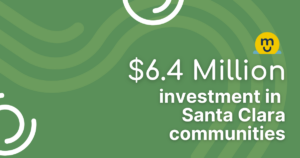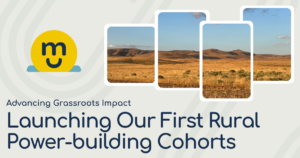Sometimes, when you create something, you also have to break it to realize its true potential.
In conventional philanthropy, funders set the rules for engagement. At Magic Cabinet, we like to think of this as the ‘status quo.’ From our perspective, rules are a starting point; they structure our work and help guide our approach. However, if those rules aren’t working—for us or our nonprofit partners— we collaborate to shape them into something better.
Getting to Yes
The lesson on flexibility would come into sharper focus for our team on the heels of one question.
Sound Outreach, one of our cohort partners, is a Tacoma-based nonprofit supporting clients to achieve economic mobility through integrated financial coaching and counseling services. During their first year in a Magic Cabinet cohort, they utilized Magic Cabinet grants for several capacity-building projects, including diversity, equity, and inclusion training for their staff and strategic planning.
Although Sound Outreach was growing, reporting requirements associated with several government contracts had caused them to begin ‘chasing the numbers’ rather than focusing on serving their clients. In early 2024, then Executive Director Bryan Flint, approached Magic Cabinet Program Officer Charlotte Basch-Lin with a question:
Would Magic Cabinet categorize a reserve fund as a capacity-building initiative?
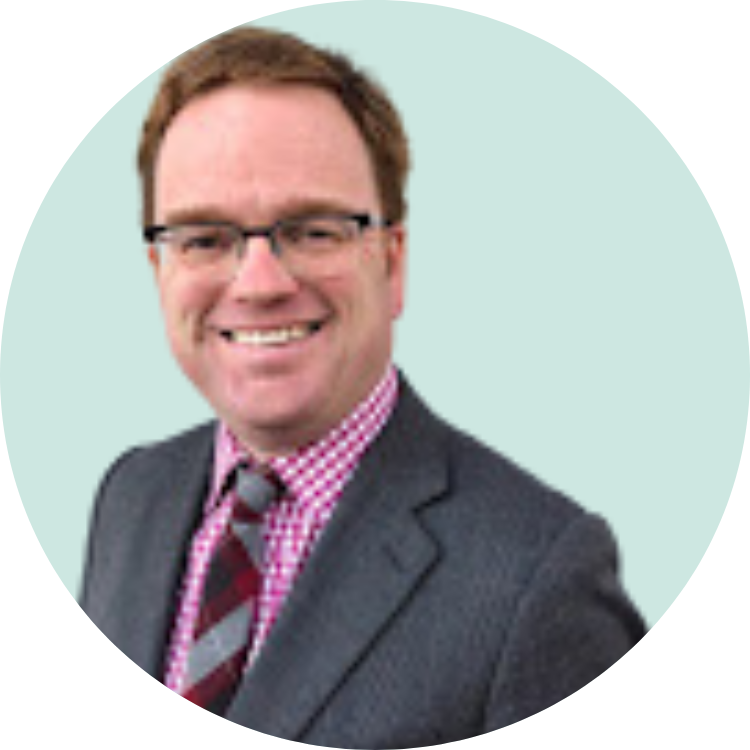
There wasn’t an easy answer to Bryan’s question. This was unchartered territory for Magic Cabinet and exposed the constraints of our capacity-building model. But it also allowed our team to reflect on our organizational values and how we wanted to show up as a funder. At that point, getting to yes became our priority.
Following some internal discussion, our team got our yes, offering a suggestion for a board policy but ultimately leaving the decision to the cohort members. Although Sound Outreach didn’t initially move forward with a proposal, the idea took root. Two other nonprofits, Friends of the Children – Tacoma and Tacoma Area Coalition of Individuals for Disabilities (TACID), took up the reserve fund proposal for their organizations.
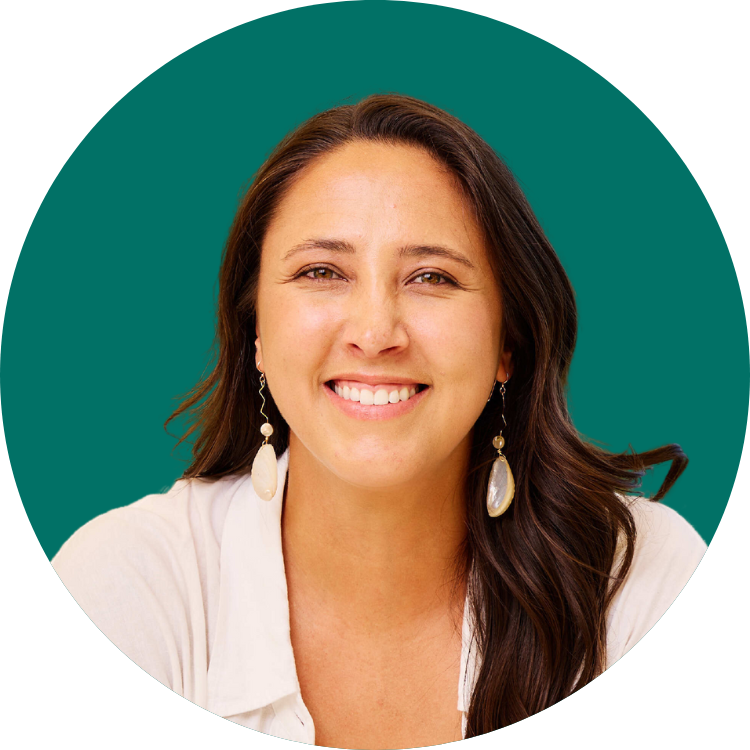
Community-Building Among Our Cohorts
Friends of the Children-Tacoma, an organization connecting youth to paid, professional mentors, was the first to submit a proposal for an operating reserve, initiated after some discussion with fellow cohort member Sound Outreach. The funding would be used toward maintaining a financial buffer to support the long-term sustainability of the organization.
Soon after, Magic Cabinet Program Officer Elena Perez floated the idea to Nalani Linder, Executive Director of TACID, a nonprofit focused on promoting the wellness, recovery, and resilience of adults experiencing disabilities.
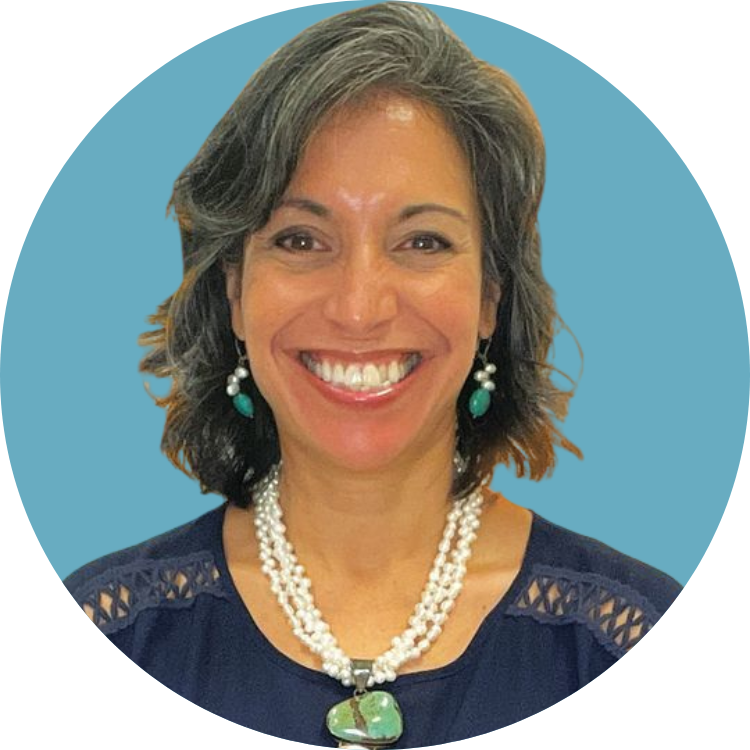
Inadvertently, one cohort paved the way for another, advancing an idea that would build long-term impact for multiple organizations across the Tacoma community. For TACID, additional support would come in the form of a bridge loan from another foundation, enabling them to keep their reserve fund intact and shift the team’s focus back to its mission.
Rewriting the Rules
Funders expect nonprofits to be nimble, but too often, accountability doesn’t go both ways. From our perspective, when nonprofits tell us what they need, our job is to listen and adapt, even if that means rewriting the rules. In this case, Bryan’s question sparked a level of curiosity and creativity that rippled across multiple cohorts, eventually looping back to Sound Outreach in the form of a reserve fund proposal of their own.
At Magic Cabinet, we’re committed to showing up and cultivating trust with our nonprofit partners—breaking our own rules is just the start.

